- By Hilary Smith
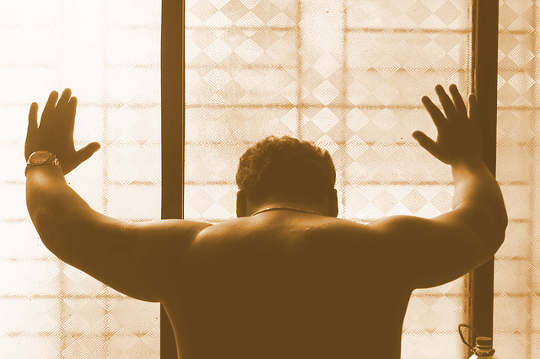 At the time I was diagnosed with bipolar, I had so little awareness of my body or stress levels that I literally had to be sobbing before I realized I was sad, or be awake for three nights running before I realized I was stressed and anxious. Learning to “hear” my body and mind has been a revelation for me, and a crucial part of my stability.
At the time I was diagnosed with bipolar, I had so little awareness of my body or stress levels that I literally had to be sobbing before I realized I was sad, or be awake for three nights running before I realized I was stressed and anxious. Learning to “hear” my body and mind has been a revelation for me, and a crucial part of my stability.
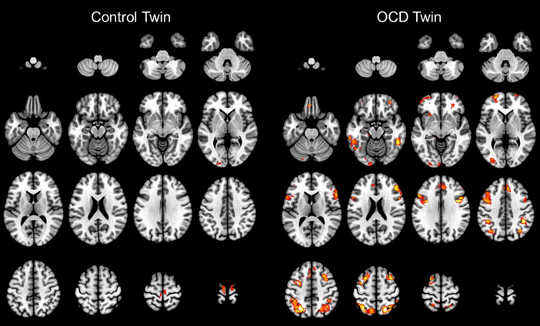 As a psychiatrist, I find that one of the hardest parts of my job is telling parents and their children that they are not to blame for their illness. Children with emotional and behavioral problems continue to suffer considerable stigma.
As a psychiatrist, I find that one of the hardest parts of my job is telling parents and their children that they are not to blame for their illness. Children with emotional and behavioral problems continue to suffer considerable stigma.
- By Janet Conner
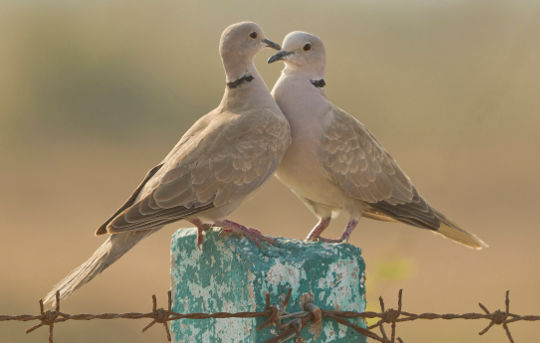 This is a time of big questions: What changes will living my soul’s purpose make in my life? Do I know all my gifts? How will expressing my gifts help me live a life I love? Who will help me do all this?
This is a time of big questions: What changes will living my soul’s purpose make in my life? Do I know all my gifts? How will expressing my gifts help me live a life I love? Who will help me do all this?
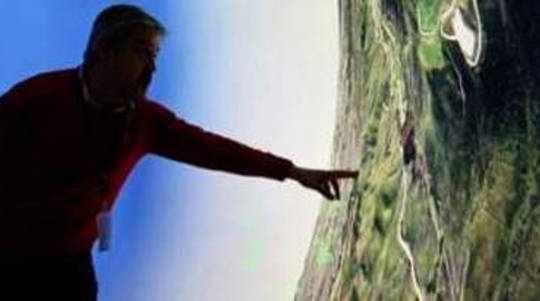 Our ongoing commitment to an era of peace on Earth is essential to enable the divine blueprint of the new Earth to begin activation. It is vital that you understand what you are here to contribute and how to do this.
Our ongoing commitment to an era of peace on Earth is essential to enable the divine blueprint of the new Earth to begin activation. It is vital that you understand what you are here to contribute and how to do this.
 Ethical discipline is really a way of protecting yourself so that your efforts in spiritual practice can flourish without getting stomped to smithereens every other day, or every other year. The guidelines are fairly simple. There are ten that are enormously helpful in a general way. Bear in mind that they are all a protection for your own well-being, in solitude or in community...
Ethical discipline is really a way of protecting yourself so that your efforts in spiritual practice can flourish without getting stomped to smithereens every other day, or every other year. The guidelines are fairly simple. There are ten that are enormously helpful in a general way. Bear in mind that they are all a protection for your own well-being, in solitude or in community...
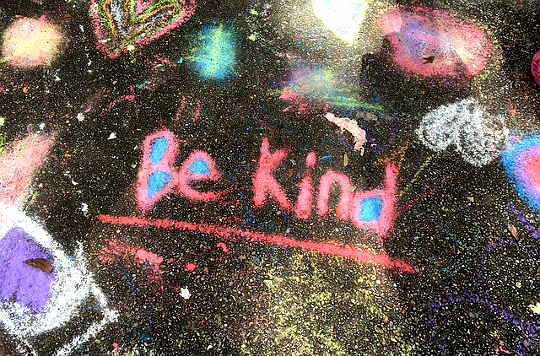 I woke up in a pissy mood recently, committed to gloom before I had even rolled out of bed. Still grumpy that afternoon, I went to the supermarket, only to be greeted by the sweetest checkout clerk ever. I couldn’t resist her happy eyes and huge smile.
I woke up in a pissy mood recently, committed to gloom before I had even rolled out of bed. Still grumpy that afternoon, I went to the supermarket, only to be greeted by the sweetest checkout clerk ever. I couldn’t resist her happy eyes and huge smile.
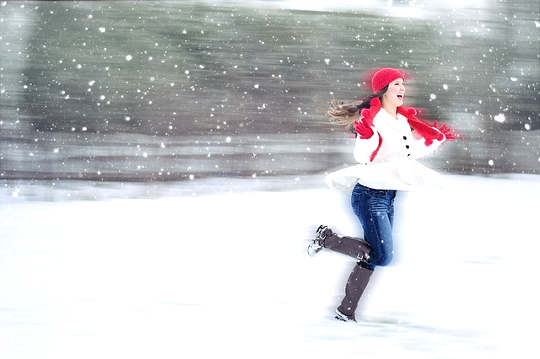 I enjoy varying my choice of clothing, jewelry, purses, shoes, hair style, always craving a new look. Yet, generally, life provides changes on a much larger scale, which can be challenging. With every major milestone in my life, I have experienced a period of adjustment.
I enjoy varying my choice of clothing, jewelry, purses, shoes, hair style, always craving a new look. Yet, generally, life provides changes on a much larger scale, which can be challenging. With every major milestone in my life, I have experienced a period of adjustment.

“They,” whoever they are, say that if you don’t stand for something, you’ll fall for anything. What do you stand for? A handful of courageous activists like Mahatma Gandhi, Rosa Parks, Martin Luther King, Mother Theresa, Gloria Steinem, and Nelson Mandela, have changed the world because of their stand. But the idea of taking a stand...
 When confronted with something that perplexes or confounds us, we tend to attribute our lack of understanding to not having enough facts or evidence, or we relegate it to the scrap heap of the supernatural. These are the modes of explanation available to us within the container of our standard worldview.
When confronted with something that perplexes or confounds us, we tend to attribute our lack of understanding to not having enough facts or evidence, or we relegate it to the scrap heap of the supernatural. These are the modes of explanation available to us within the container of our standard worldview.

Sometimes, it’s useful to ask yourself: What do I gain by continuing the course of action I am taking, and what might I gain by choosing an alternative course of action? So often we find ourselves on a course of action that demands we argue with another until...
 The term demoralization was originally coined in the 1970s by a psychiatrist who was seeing patients that didn’t quite meet full criteria for major depression. Nonetheless, they were suffering – in a shared state of emotional distress and sense of incompetence.
The term demoralization was originally coined in the 1970s by a psychiatrist who was seeing patients that didn’t quite meet full criteria for major depression. Nonetheless, they were suffering – in a shared state of emotional distress and sense of incompetence.
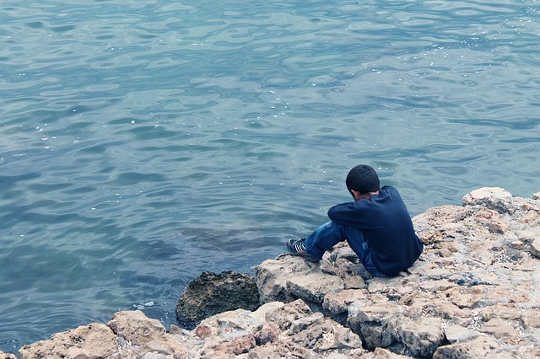 Decision making is an integral part of our everyday life. When it comes to important decisions, we generally want to work with others – assuming that groups are better than individuals.
Decision making is an integral part of our everyday life. When it comes to important decisions, we generally want to work with others – assuming that groups are better than individuals.
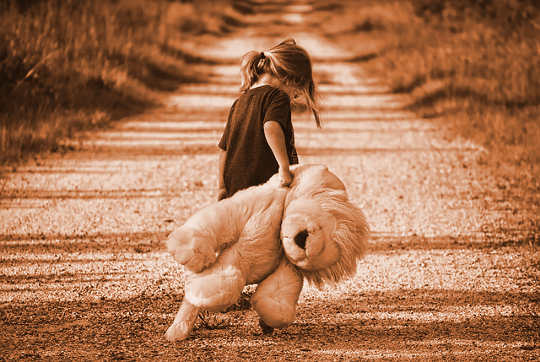 To not have inner harmony and balance is to walk through the world without a sense of being centered, grounded, and at peace. We don’t feel authentic at all, but rather experience a sort of mental “vertigo” that pulls us in one direction, even when we wish to go in another.As we look closer and closer at what archetypes operate in our lives, we often see these imbalances and begin to realize how they have been making things much harder for us.
To not have inner harmony and balance is to walk through the world without a sense of being centered, grounded, and at peace. We don’t feel authentic at all, but rather experience a sort of mental “vertigo” that pulls us in one direction, even when we wish to go in another.As we look closer and closer at what archetypes operate in our lives, we often see these imbalances and begin to realize how they have been making things much harder for us.
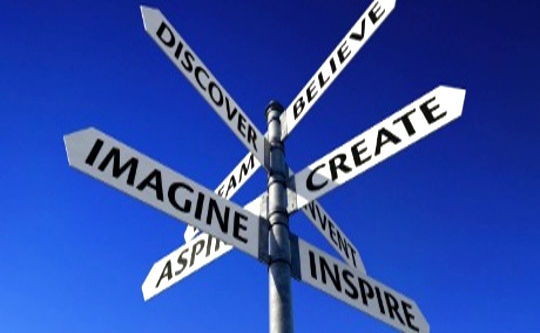 Choosing a dream is not enough. In the universe of light and darkness, of yin and yang, you will be asked to choose again, and again, and again. The truth is that you choose in every waking moment, and strangely enough, even when...
Choosing a dream is not enough. In the universe of light and darkness, of yin and yang, you will be asked to choose again, and again, and again. The truth is that you choose in every waking moment, and strangely enough, even when...
- By Tim Ray

If we study the world’s metaphysical and spiritual teachings, whether they are from the East or the West, we see that one of the basic spiritual tenets or “natural laws” is that all events originate in thought. In other words, it is not possible for an event to take place in the outer world without there first being a thought. Thought is the causative factor.
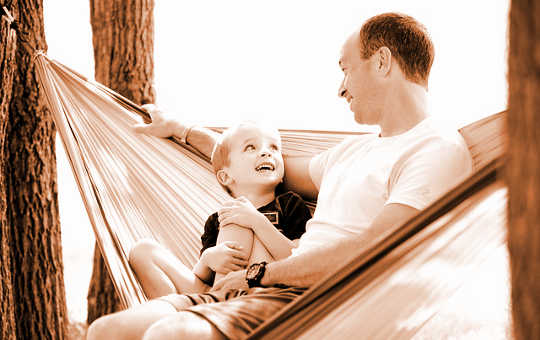 In ayahuasca ceremonies, people sometimes view visionary home movies of their childhood while maintaining an outside observer’s perspective. At other times, they relive a childhood event as if it were happening in the ceremonial moment; they regress in age to the time of the scene. Either way, ceremonies often open up deep feelings of wanting to be accepted and loved.
In ayahuasca ceremonies, people sometimes view visionary home movies of their childhood while maintaining an outside observer’s perspective. At other times, they relive a childhood event as if it were happening in the ceremonial moment; they regress in age to the time of the scene. Either way, ceremonies often open up deep feelings of wanting to be accepted and loved.
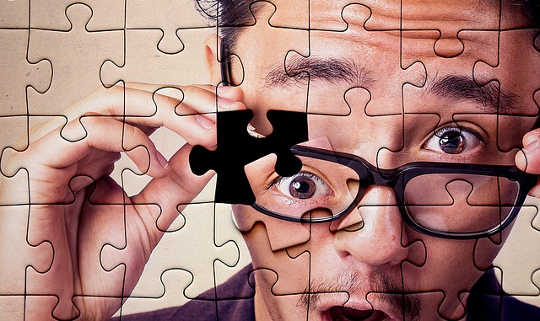 When a habit forms, it indicates that the experience has been repeated a lot. When we call addictive behaviors “habits,” we mean the addict is doing drugs and engaging in drug-related activities so much, often to the exclusion of virtually everything else, that they become automatic.
When a habit forms, it indicates that the experience has been repeated a lot. When we call addictive behaviors “habits,” we mean the addict is doing drugs and engaging in drug-related activities so much, often to the exclusion of virtually everything else, that they become automatic.
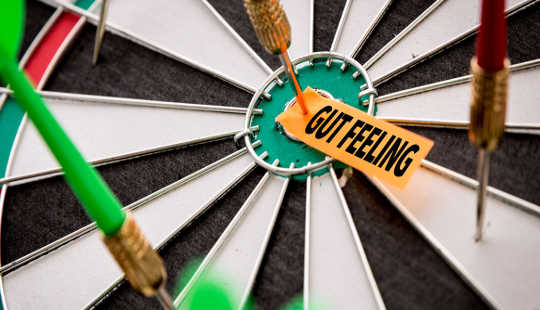
Have you ever thought to yourself, “I’ll bet that’s true,” before you had all the facts? Most people probably have at some point.
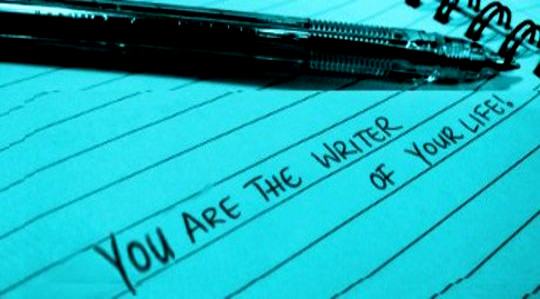 Many of us look back and wish that we had spent more time doing what we enjoy and less time doing what we felt we had to do. You may have some strong ideas about what you would like to change in your life. However, you may not know how to write a better script for your personal story...
Many of us look back and wish that we had spent more time doing what we enjoy and less time doing what we felt we had to do. You may have some strong ideas about what you would like to change in your life. However, you may not know how to write a better script for your personal story...

What can one person do?That is the question millions of us ask as we survey the global landscape. We’re asking the wrong question. More important than what we can do is...
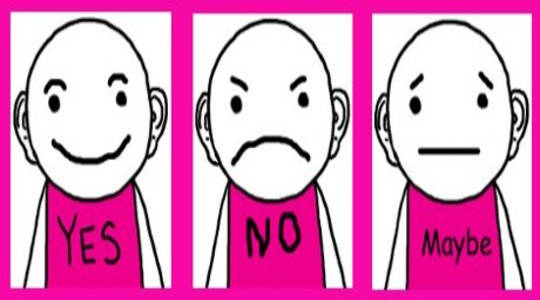 Maybe I will get to that, maybe I like that, maybe I can do that. “I will think about that” is a maybe too. Maybe later. I consider most of our maybes as another way of saying I don’t know, and another way of putting life on hold.
Maybe I will get to that, maybe I like that, maybe I can do that. “I will think about that” is a maybe too. Maybe later. I consider most of our maybes as another way of saying I don’t know, and another way of putting life on hold.
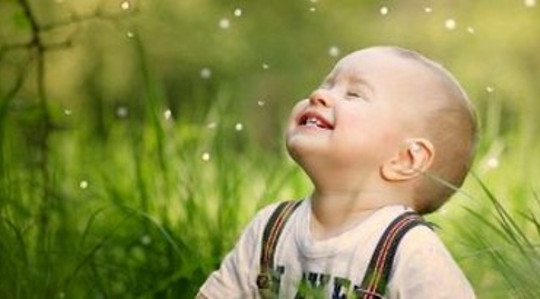 Allow yourself to feel, hear, know, see, taste, and sense the energy transfer that is happening in this moment. With your free will ask yourself this very important question, “Are you willing to experience more joy in your life?” This seems like the simplest of questions and...
Allow yourself to feel, hear, know, see, taste, and sense the energy transfer that is happening in this moment. With your free will ask yourself this very important question, “Are you willing to experience more joy in your life?” This seems like the simplest of questions and...
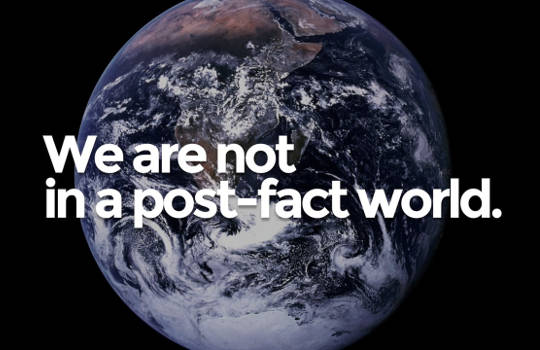 Seek the truth and minimize harm. That’s how we instruct young journalists to prepare for the profession. Until recently, factual, objective reporting has been the mantra of modern journalism. But is objectivity a relevant concept in the era of fake news, filter bubbles and alternative facts?
Seek the truth and minimize harm. That’s how we instruct young journalists to prepare for the profession. Until recently, factual, objective reporting has been the mantra of modern journalism. But is objectivity a relevant concept in the era of fake news, filter bubbles and alternative facts?
















